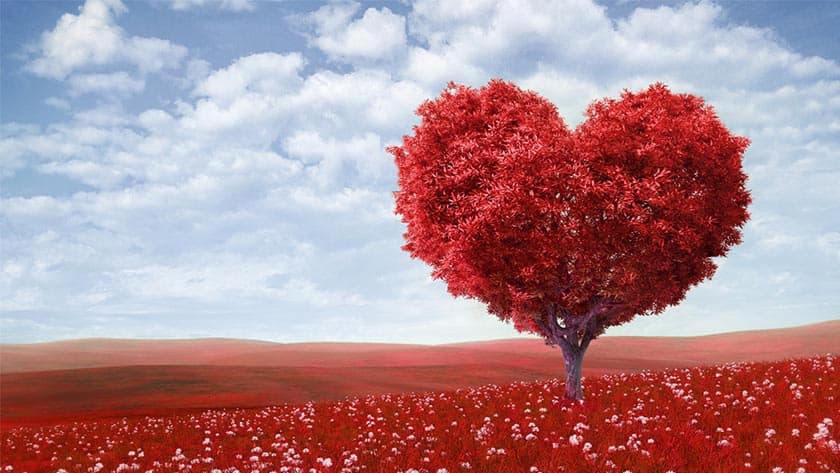By Yuval Israel, Year 11
Modern cultural domain takes an interdisciplinary approach, such as when religion becomes liberalized or core elements of an ethnic group loosen. Our world is changing, developing or perhaps even deteriorating at the hands of politicians who for better or worse, decide our future.
So, are we slowly losing our customs? Are our social conventions being “Westernised”? Innovative terms such as “Spanglish”, the hybrid language which shifts between Spanish and English, is a prime example of linguistic decline.
We can view the subconscious mindset of many “third-culture kids” that resonates with many international students who use the excuse “I don’t live there or I’m not from there, therefore I have no use for this language”. Which in a narrowed perspective, is somewhat correct. However, losing the core elements of one’s culture, such as language, shows a constricted sense of thinking: our parents have fought long and hard to introduce us to a whole different world, so shouldn’t we fight as they did to preserve our identity?
In contrast, many multicultural children comment that in actuality, balancing different cultures and traditions is a representation of their identity. By accumulating different cultural norms and customs, they manage to obtain a clearer perception of not just one, but multiple cultures, instead of suppressing one side of their persona.
For myself, my parents have diligently persisted in studying Hebrew and celebrating Jewish holidays in order to be able to acknowledge my family’s past. Meanwhile, my decade of living off of raclette and running in the Escalade haven’t affected my understanding of Yom Kippur, but has only allowed me to appreciate both my Israeli nationality and my love for Genevoise traditions.
We also need to move away from the narrative that cultural erosion is does not mean abandoning all the practices and traditions which our ancestors have fought to preserve. Cultural erosion is even beneficial to creating a more harmonious society, as it is also moving on from the harmful practices and conflicts of our ancestors. Today, we see the eradication of harmful “traditions” as a positive, such as our abandonment of racial segregation and securing the rights of women. Incorporating both old and new cultural norms from all over creates a whole new perspective on culture at a personal level.
Although we do have much to work on, our increased support for one another can only be a good thing.



